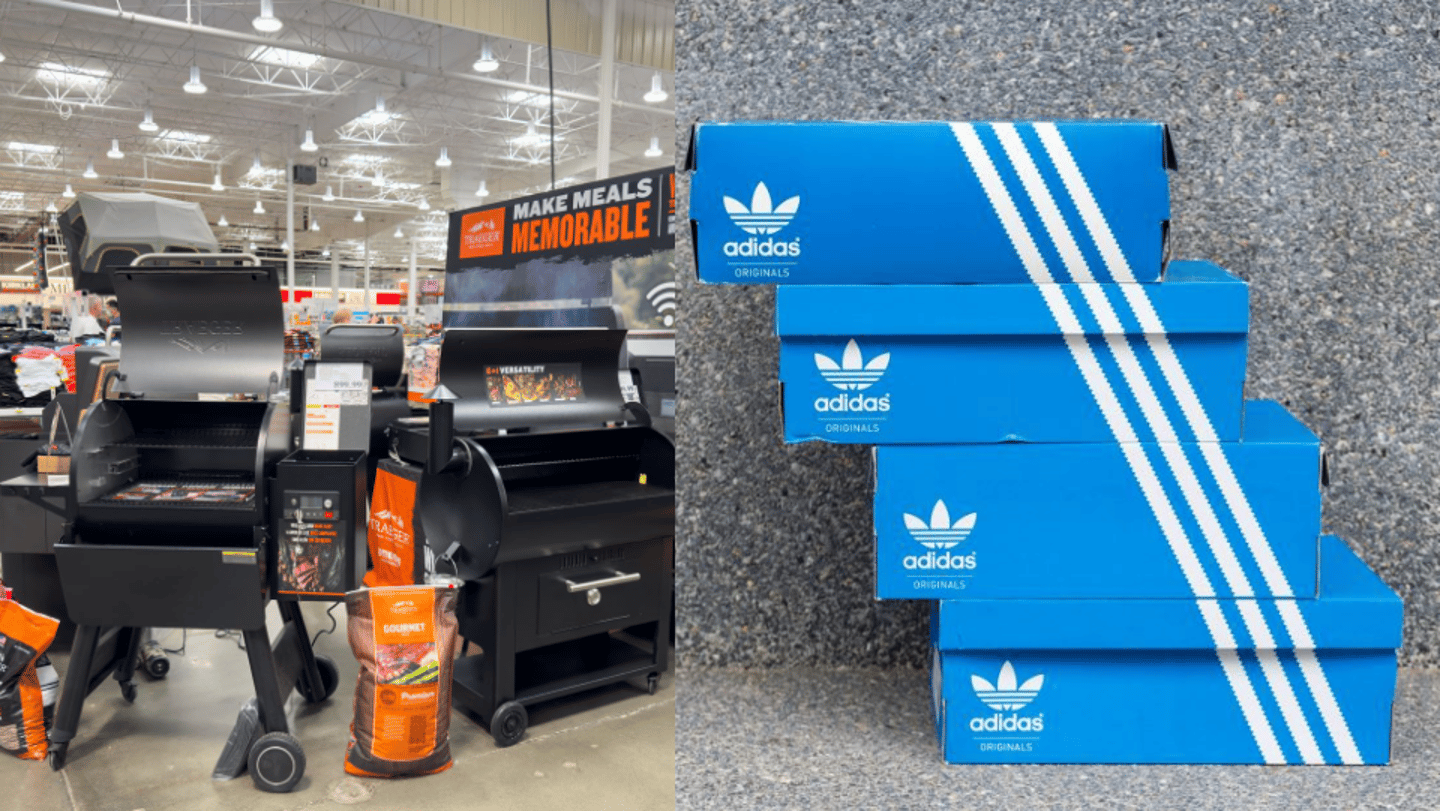Adidas and Traeger Grills Power Data Visualization With Gen AI
Adidas and Traeger Grills are the latest consumer goods companies to tap into generative AI, opening up capabilities related to content creation, data visualization, and complex calculations.
The new capabilities are being offered through AWS’ Amazon Bedrock service, intended to provide CG companies with an avenue for creating artificial intelligence use cases without requiring costly infrastructure investments. It also seeks to provide data storage security and reduce the need for complex coding. Adidas and Traeger Grills are primarily using the Amazon-powered natural language processing abilities, according to AWS.
Adidas is using the platform as an educational tool to assist its engineers in finding information and solutions housed in its “knowledge base” — all through a single interface.
“Amazon Bedrock quickly became a highly valued addition to our generative AI toolkit, allowing us to focus on the core aspects of our LLM projects, while letting it handle the heavy lifting of managing infrastructure,” said Daniel Eichten, VP of enterprise architecture at Adidas, in a statement.
[Learn more: Amazon Taps AI to Expand Sellers’ Ecosystem and Supply Chain Capabilities]
Meanwhile, Traeger Grills is leveraging the platform’s QuickSight capability, which helps visualize data like distribution center forecasts and deliver insights on an expedited timeline.
“Our business is constantly evolving and developing new data needs, which led us to create and update dashboards and reports,” said Corey Savory-Venzke, VP of customer experience at Traeger Grills. “We are excited to see the additional generative BI capabilities for authors because they can raise our speed to respond to these changing business needs to a new level. Natural-language experiences like these are fundamentally changing the way people work.”
Traeger Grills and Adidas can now create visuals, format charts, perform calculations, and more by describing what they want in natural language. The technology is also capable of powering search and content creation (such as creating ad campaigns), and managing inventory.
This builds on existing efforts with Traeger Grills. The company signed on for an initial cloud-based supply chain investment last year. This gave the company access to real-time data and machine-learning-powered insights.
The company also leveraged natural language processing in a different capacity, using it within an automated phone system to elevate its customer experience.
While there’s been a noticeable rise in the popularity of these technologies in the consumer goods space, for many companies, it’s still in pilot or ideation mode. However, Gartner predicts that 60% of B2B seller work will be executed through conversational user interfaces via generative AI sales technologies within five years.







